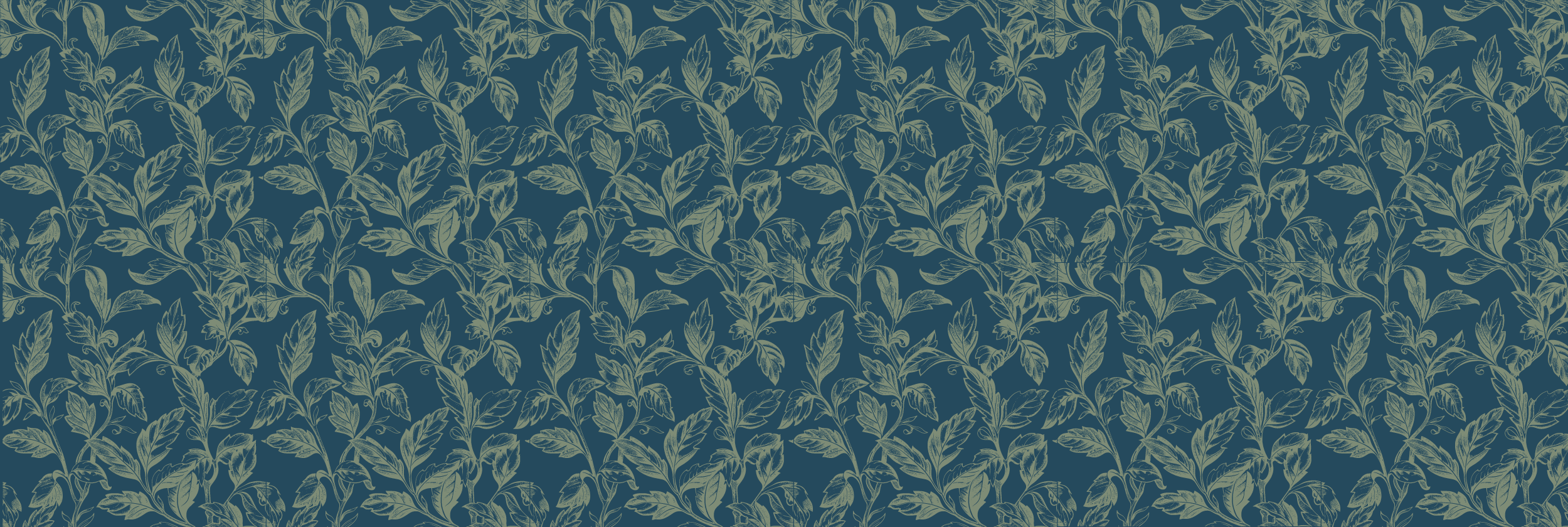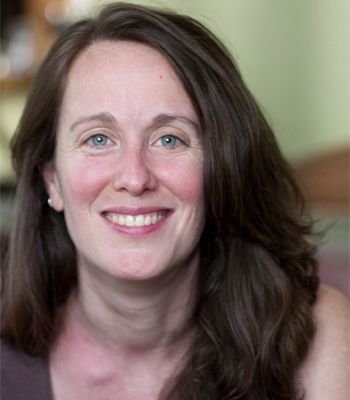
“When we were children, we used to think that when we were grown-up we would no longer be vulnerable. But to grow up is to accept vulnerability... To be alive is to be vulnerable.”
(Madeleine L’Engle)
BOOK LAUREL SNYDER FOR A SCHOOL VISIT
“Everyone has a story to tell. Everyone has a book only they can write. It’s critical to me that kids value their thoughts, feelings and experiences–the fun ones and the tough ones too–and learn to tell their own stories. I want them to know how powerful they can be.”
FOLLOW LAUREL ON SUBSTACK


